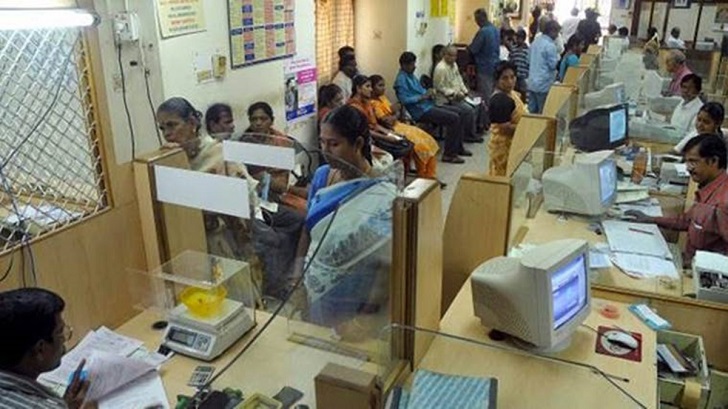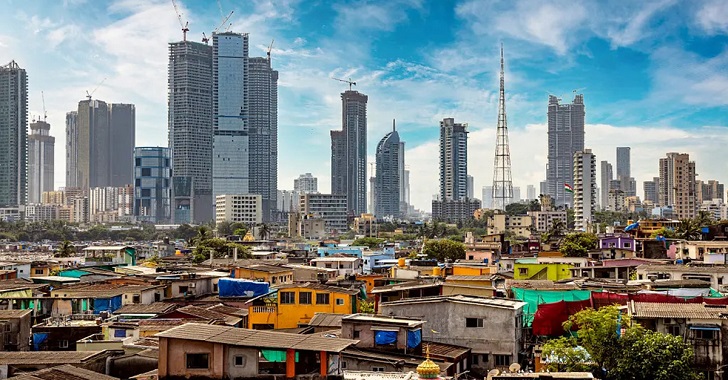Access to safe water, sanitation, and hygiene (WASH) is a basic human right and a critical aspect of public health. In low- and middle-income countries, access to clean water and sanitation contributes significantly to the spread of disease and illness, hindering economic and social development.
Despite its importance, WASH financing remains a significant challenge in many countries worldwide. This article explores the biggest challenge to WASH financing and what can be done to overcome it.
Challenges in WASH Financing

Financing for WASH is a complex issue that involves multiple stakeholders, including governments, international aid organizations, and private sector entities. The challenge of financing WASH projects is exacerbated by several factors, including:
Limited Government Funding
Many governments in low- and middle-income countries lack the financial resources to fund WASH infrastructure projects. This results in a lack of investment in the sector, exacerbating the problem of poor WASH access.
High Capital Costs
The construction of WASH infrastructure can be expensive, and many governments and communities lack the financial resources to build and maintain these facilities. Additionally, building infrastructure in remote or hard-to-reach areas can be prohibitively expensive.
Limited Private Sector Involvement
Although the private sector can play an essential role in WASH financing, there is often limited private sector involvement, particularly in low- and middle-income countries.
Inadequate Prioritization
In many countries, WASH is not given the priority it deserves, and investment in the sector is often overshadowed by other development priorities.
Limited Funding for Maintenance
Even when WASH infrastructure is built, there is often limited funding available for maintenance, leading to the deterioration of facilities over time.

Lack of Political Will
While all of these factors contribute to the challenge of WASH financing, the biggest challenge is the lack of political will to prioritize the sector. WASH is often seen as a low-priority area, particularly in countries with limited financial resources. This lack of political will results in inadequate funding and investment in the sector, perpetuating poor WASH access.
How to Overcome the Challenge?
To overcome the challenge of WASH financing, increasing political will and prioritizing the sector are essential. This can be achieved through several strategies, including:
Increasing Awareness
Raising awareness of the importance of WASH is essential to building political will and garnering support for investment in the sector. Advocacy efforts can help to educate policymakers and the public about the benefits of WASH and the need for investment in the sector.
Building Partnerships
Collaboration between governments, aid organizations, and the private sector can help increase sector investment and promote sustainable WASH financing. Partnerships can help to leverage resources and expertise, leading to more effective and efficient use of resources.

Leveraging Technology
Technology can be used to improve the efficiency and effectiveness of WASH infrastructure. For example, remote monitoring systems can be used to track the performance of WASH facilities, helping to identify maintenance needs and reduce downtime.
Investing in Maintenance
Investing in maintenance is essential to ensuring the long-term sustainability of WASH infrastructure. Governments and aid organizations should prioritize funding for maintenance and establish sustainable financing mechanisms to ensure ongoing maintenance needs are met.
Prioritizing WASH in Development Planning
Governments should prioritize WASH in their development planning and budgeting processes. This can help to ensure that the sector receives the funding and investment it deserves and that progress is made toward achieving universal access to safe water and sanitation.
